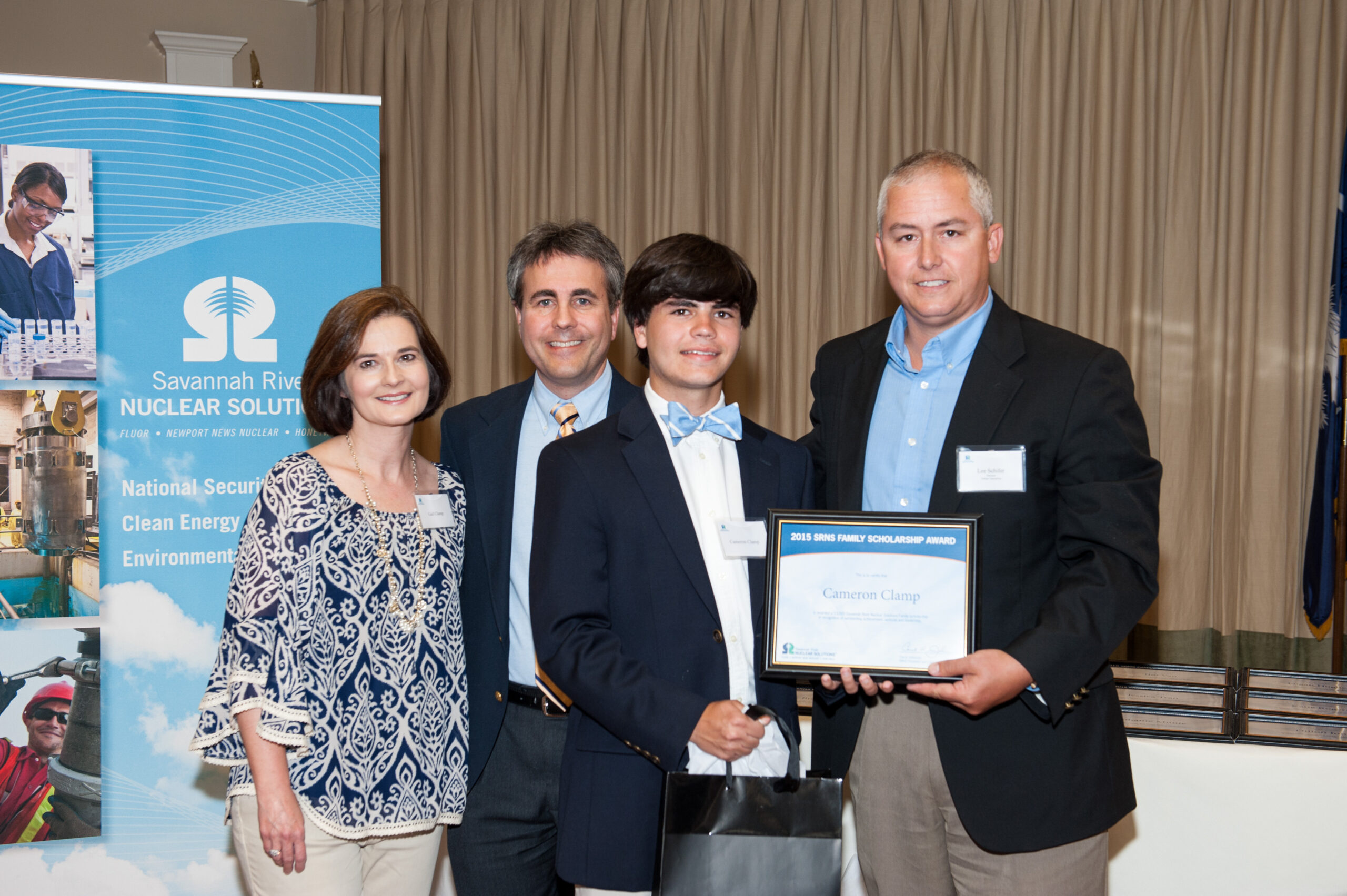As the new academic year begins, students, educators, and parents alike are filled with a mix of excitement and apprehension. This time of year marks a fresh start, full of opportunities for growth, learning, and new experiences. However, it also brings its own set of challenges. Here’s a closer look at what the new academic year holds and how to make the most of it.
Setting Goals for Success
Personal and Academic Goals
At the start of the academic year, it’s essential for students to set clear personal and academic goals. This could range from improving grades in specific subjects to developing new skills or participating in extracurricular activities. Setting SMART goals—Specific, Measurable, Achievable, Relevant, and Time-bound—can provide a structured approach to achieving these objectives.
Organizational Skills
Effective organization is key to managing the demands of a new academic year. Students should consider using planners or digital tools to keep track of assignments, deadlines, and important events. Establishing a consistent study routine can also help in balancing academic responsibilities with personal interests.
Embracing New Learning Experiences
Curriculum Innovations
Many schools are introducing innovative curricula that emphasize critical thinking, creativity, and collaboration. Students can look forward to project-based learning, interdisciplinary approaches, and the integration of technology in the classroom. These methods not only enhance engagement but also prepare students for real-world challenges.
Extracurricular Activities
The new academic year is an excellent opportunity to explore extracurricular activities. Whether it’s joining a sports team, participating in drama club, or engaging in community service, these activities can enrich the educational experience, foster new friendships, and develop valuable life skills.
Navigating Challenges
Academic Pressure
As students progress through their education, academic pressure can increase. It’s important to maintain a healthy perspective on grades and performance. Students should focus on learning and personal growth rather than solely on outcomes. Seeking help from teachers or tutors when needed can also alleviate stress.
Social Dynamics
Returning to school also means navigating social dynamics. Students may encounter new classmates, changing friendships, and social challenges. Building strong communication skills and fostering inclusivity can help create a positive environment. Encouraging open dialogue and empathy among peers is essential for a supportive school culture.
The Role of Educators and Parents
Supportive Environment
Educators play a crucial role in creating a supportive learning environment. They can foster a culture of encouragement and inclusivity, ensuring that all students feel valued and motivated. Professional development for teachers can also enhance their teaching methods, benefiting student learning.
Parental Involvement
Parents can support their children by staying engaged with their academic journey. This includes attending parent-teacher conferences, monitoring academic progress, and encouraging open communication about school experiences. A strong partnership between home and school can significantly impact a child’s success.
Conclusion
The new academic year presents a wealth of opportunities for students to learn, grow, and thrive. By setting goals, embracing new experiences, and navigating challenges with resilience, students can make the most of this critical time in their educational journey. With the support of educators and parents, the academic year can be a transformative experience, laying the groundwork for future success and personal development. As we embark on this journey together, let’s embrace the challenges and celebrate the achievements that lie ahead.

